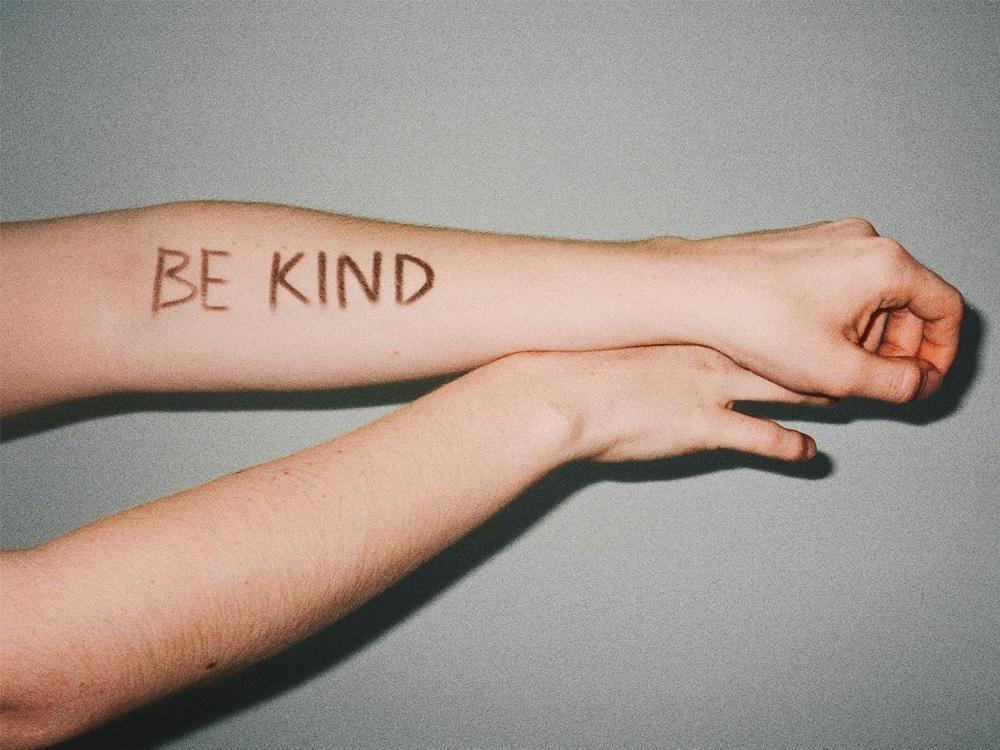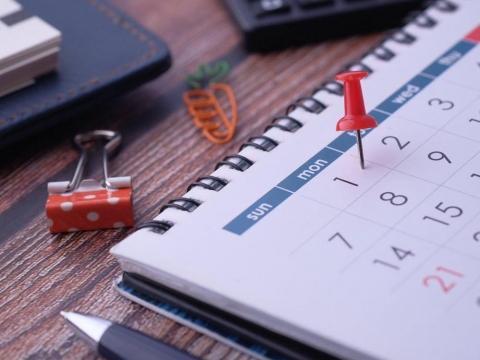Acts of kindness happen more often than you think

Have you ever wondered how many times in a week you observe other people and think to yourself, “Where is the empathy?” Instead of appreciating a good deed nowadays, the norm has become to question why some have no genuine compassion for others.
One of the main culprits as to why we've forced ourselves to put our walls up this way could possibly be the onslaught of serial killer documentaries that mostly feature innocent-looking murderers. It could also simply be the lack of genuine kindness in our environment/culture or the fear of being at a disadvantage. The list goes on.
Despite this statement though, a study by researchers from the University of California, Los Angeles (UCLA), Australia, Ecuador, Germany, the Netherlands, and the United Kingdom (U.K.) are making us change our minds by proving that acts of kindness happen more often than we think.
The study, published in Scientific Reports and led by UCLA sociologist Giovanni Rossi and an international team of collaborators, explored humans' capacity for cooperation by analyzing over 40 hours of video recordings of everyday life - involving more than 350 people in geographically, linguistically, and culturally diverse sites. Most of them were from towns in England, Italy, Poland, Russia, and rural villages in Ecuador, Ghana, Laos, and Aboriginal Australia.
The main focal point of the analysis centered on the instances when one person sent a signal for help and another person responded. The authors identified more than 1,000 requests which occurred on average about once every two minutes. The situations would typically involve “low-cost” decisions such as sharing items for everyday use and assisting others with tasks around the house or village.
They have found that people complied with small requests seven times more often than they declined, and six times more often than they ignored them. The average rates of rejection (10 percent) and ignoring (11 percent) were much lower than the average rate of compliance (75 percent).
More so, the study found that people helped without explanation but when they declined, 74 percent of the time they gave an explicit reason. This solidifies the argument that people give help unconditionally, without having to give a reason as to why they have to help.
N. J. Enfield, the paper's corresponding author and a linguist at the University of Sydney, explained, “A cross-cultural preference for compliance with small requests is not predicted by prior research on resource-sharing and cooperation, which instead suggest that culture should cause prosocial behavior to vary in appreciable ways due to local norms, values, and adaptations to the natural, technological, and socio-economic environment. These and other factors could in principle make it easier for people to say 'no' to small requests, but this is not what we find.”
Rossi then said, “The findings suggest that being helpful is an ingrained reflex in the human species. While cultural variation comes into play for special occasions and high-cost exchange, when we zoom in on the micro level of social interaction, cultural difference mostly goes away, and our species' tendency to give help when needed becomes universally visible.”
To wrap it all up, despite our differences, it is innate that we want to help out others.
AS A GESTURE OF KINDNESS, HERE ARE SOME SONGS THAT YOU CAN SEND TO YOUR SIGNIFICANT OTHER TO EXPRESS YOUR LOVE FOR THEM.







